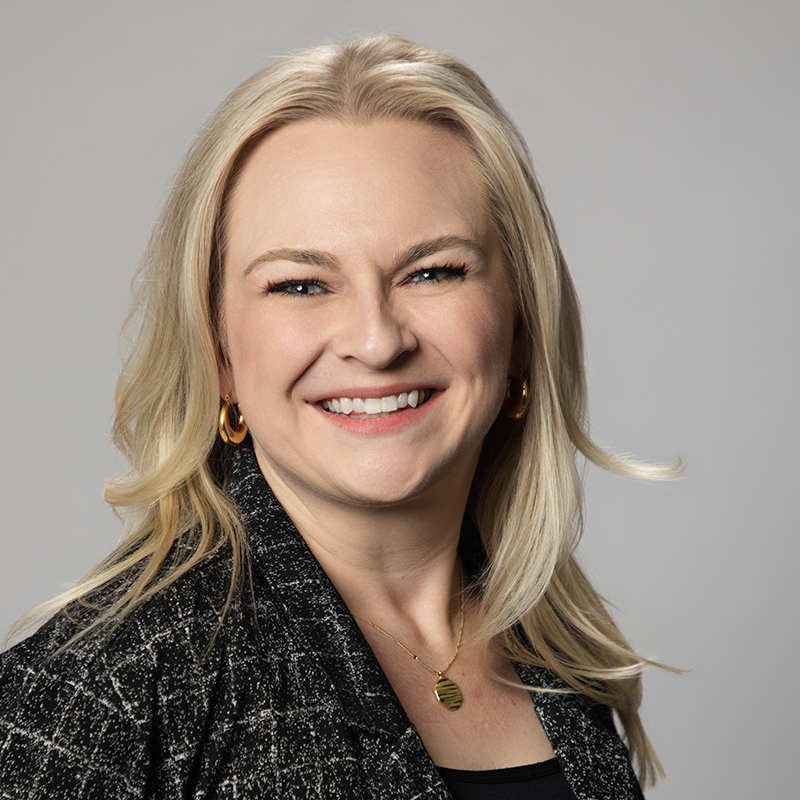Top 10 Reasons a Medical Claim Gets Denied and How a Clearinghouse Can Help

Effectively managing medical claims is vital for the success of a healthcare billing program. According to Gitnux’s 2024 Market Data report, over 50% of insurance claim denials are due to erroneous medical billing inputs. The report also notes that over 65% of adults living in the United States encounter an error with medical billing in their lifetime.
This makes a medical claims clearinghouse even more critical than ever. Medical claims clearinghouses act as a bridge between healthcare providers and insurance payers. This article details how a clearinghouse works, how it helps minimize denials, and the difference between the denial and rejection of a medical claim.
How Does a Medical Claims Clearinghouse Work?
A medical claims clearinghouse operates by first receiving claims from healthcare providers. The claim is then verified, scrubbed, and ensured to comply with the specific rules of insurance payers. Once the claims are checked for errors and formatted correctly, they are forwarded to the respective insurance companies for payment.
Service Center, by Office Ally, excels in this process, minimizing errors that often lead to claim denials. This is just one way our process helps safeguard the revenue stream of healthcare providers to improve the patient experience.
What is a Medical Claim Denial?
A medical claim denial is when an insurance company refuses to pay for a service or procedure. This denial occurs after the claim has been processed. This is different from a claim rejection.
A medical claim rejection happens before the claim is processed. This is usually due to submission errors. Denials occurring after the claim has been processed and can lead to financial losses for healthcare organizations if not managed efficiently.
Why Do Medical Claims Get Denied?
Several common issues can lead to the denial of medical claims. Below are the top 10 reasons a medical claim is denied.
No. 1: Inaccurate Medical Patient Information
Errors like misspelled patient names or incorrect insurance ID numbers can result in claim denials. Ensuring accuracy in patient information is critical. Clearinghouse tools like Service Center can identify and then correct errors before claims are submitted.
No. 2: Lack of Insurance Eligibility Verification
Verifying a patient’s insurance eligibility and coverage before providing services is essential. Failure to verify a patient's insurance coverage can lead to denials due to lack of coverage. Many clearinghouses offer pre-verification tools, enabling providers to confirm eligibility, thereby reducing denials.
No. 3: Medical Coding Errors
Medical coding is a common source of claim denials. Using outdated or incorrect procedure codes can lead to denied claims. Clearinghouses can help mitigate this risk by offering up-to-date coding databases and error-checking capabilities, ensuring claims are coded accurately.
No. 4: Duplicate Claim Submission
Submitting the same claim more than once, whether by mistake or oversight, can also result in denial. Clearinghouses can track claim submissions, alerting providers to potential duplicates to prevent this denial.
No. 5: Service Not Covered by Payer
Sometimes, services rendered are not covered under the patient's insurance plan. This discrepancy can lead to claim denials. Utilizing payer-specific guidelines and coverage details available by Office Ally with their clearinghouses can help providers understand what is and isn’t covered before services are provided.
No. 6: Failure to Obtain Prior Authorization
Prior authorization is often required by insurance plans for certain treatments, medications, and procedures. Failing to obtain this authorization before service will usually result in a claim denial. Clearinghouses and practice management systems can assist in managing and tracking authorization requirements to ensure compliance.
No. 7: Timely Filing Violation
Insurance providers will require claim submission within a specific time frame. Failing to submit claims within these deadlines can result in denial. Practice management systems can help track and manage claim submission deadlines to avoid such denials.
No. 8: Unbundling of Procedures
Unbundling refers to the practice of separating a group of procedures that are normally billed together into individual bills. This can be seen as an unlawful attempt to increase reimbursement and can lead to denials. Clearinghouses can usually identify and correct unbundling issues before claims are submitted.
No. 9: Insufficient Documentation
Insufficient documentation to support the claim can also lead to denials. Clearinghouses with the help of an EHR system can aid in ensuring all required documentation is attached and meets payer requirements before submission.
No. 10: Exceeded Coverage Limits
Patients often have caps or limits on certain types of coverage. Services exceeding these limits are not payable and result in denials. Practice management software can monitor patient coverage limits and alert providers when limits are approaching.
What Should You Do After a Medical Claim is Denied?
Upon receiving a denial, the first step is to review the reason provided by the insurance company carefully. Often, the issue can be resolved by correcting the error or providing additional information.
Resubmitting the corrected claim promptly is important. Support from Service Center can be invaluable in this process, offering guidance and tools to manage and appeal denied claims effectively.
Clearinghouse strategies streamline the billing process and ensure that quality care is the focus of healthcare providers & not the billing process. By adopting proactive strategies, healthcare organizations can minimize disruptions and continue to improve the patient experience.
Denied medical claims can have a serious impact on the financial stability of your practice, but Office Ally can help. Visit cms.OfficeAlly.com to find out more about Service Center.







.svg)

.png)








